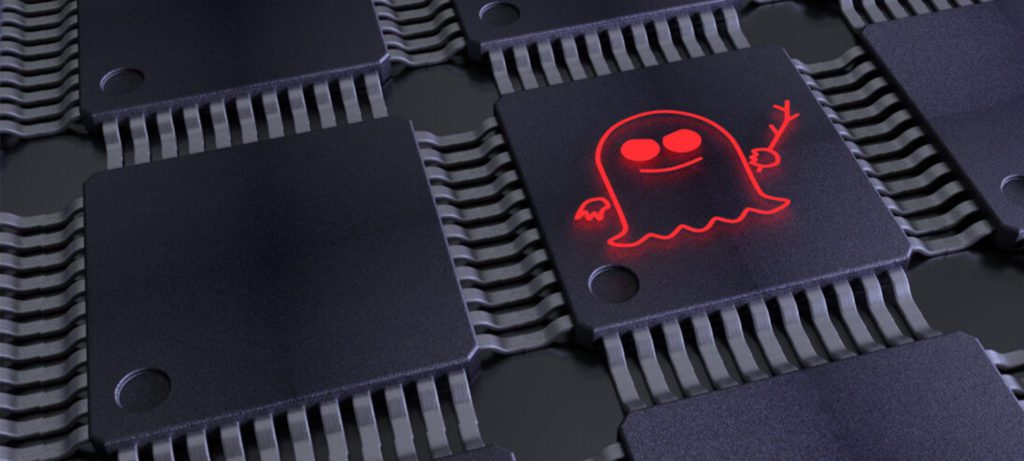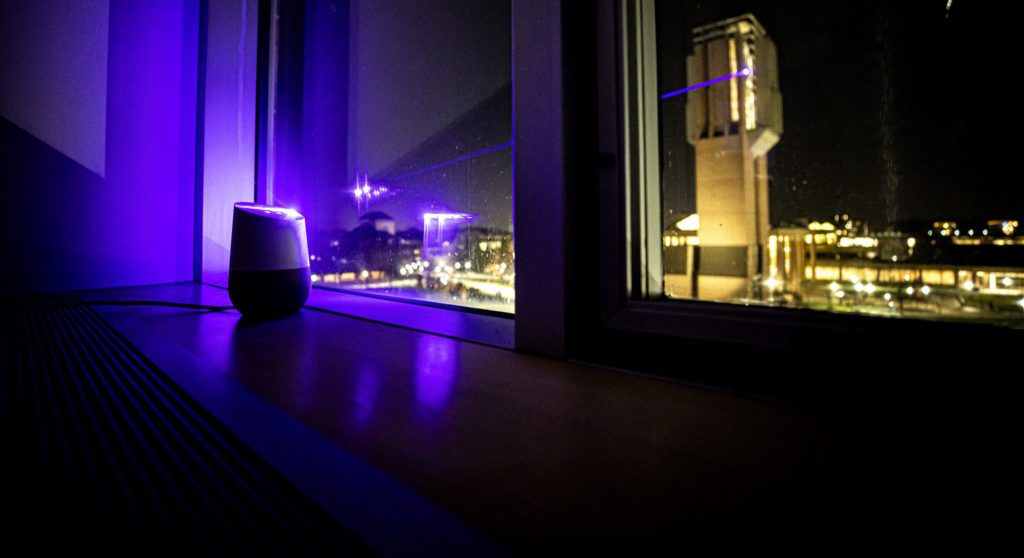A new method could replace trial and error drug development.
The post How an AI solution can design new tuberculosis drug regimens appeared first on Michigan Engineering News.
A new method could replace trial and error drug development.
The post How an AI solution can design new tuberculosis drug regimens appeared first on Michigan Engineering News.
Thin film transistors stacked on top of a state-of-the-art silicon chip could help shrink electronics while improving performance.
The post Beyond Moore’s Law: taking transistor arrays into the third dimension appeared first on Michigan Engineering News.

The proposal provides a chip-level safeguard against sensitive data being transmitted after it’s accessed.
“Siloxanes” could be key to deriving bolstered energy production from biogas.
The post How everyday products are supercharging methane, and what that means. appeared first on Michigan Engineering News.
A Q&A with J. Alex Halderman, who co-founded the nonprofit organization.
The post How Let’s Encrypt doubled the percentage of secure websites in four years appeared first on Michigan Engineering News.
Researchers identified a vulnerability that allows a microphone to ‘unwittingly listen to light as if it were sound’
The post A laser pointer could hack your voice-controlled virtual assistant appeared first on Michigan Engineering News.
U-M researchers examined how a person’s perception of safety in an autonomous vehicle was influenced by its “personality” traits.
The post What humans want, in an automated car appeared first on Michigan Engineering News.
The nation is using inexpensive commodity equipment to block 170K domains on more than 1K privately-owned ISPs.
The post How Russia’s online censorship could jeopardize internet freedom worldwide appeared first on Michigan Engineering News.
Understanding nuclear enrichment and what it means for the “Iran nuclear deal.”
The post Iran’s centrifuges and nuclear nonproliferation: A Q&A with Sara Pozzi appeared first on Michigan Engineering News.

The newly discovered microphone vulnerability allows attackers to remotely inject inaudible and invisible commands into voice assistants using light.